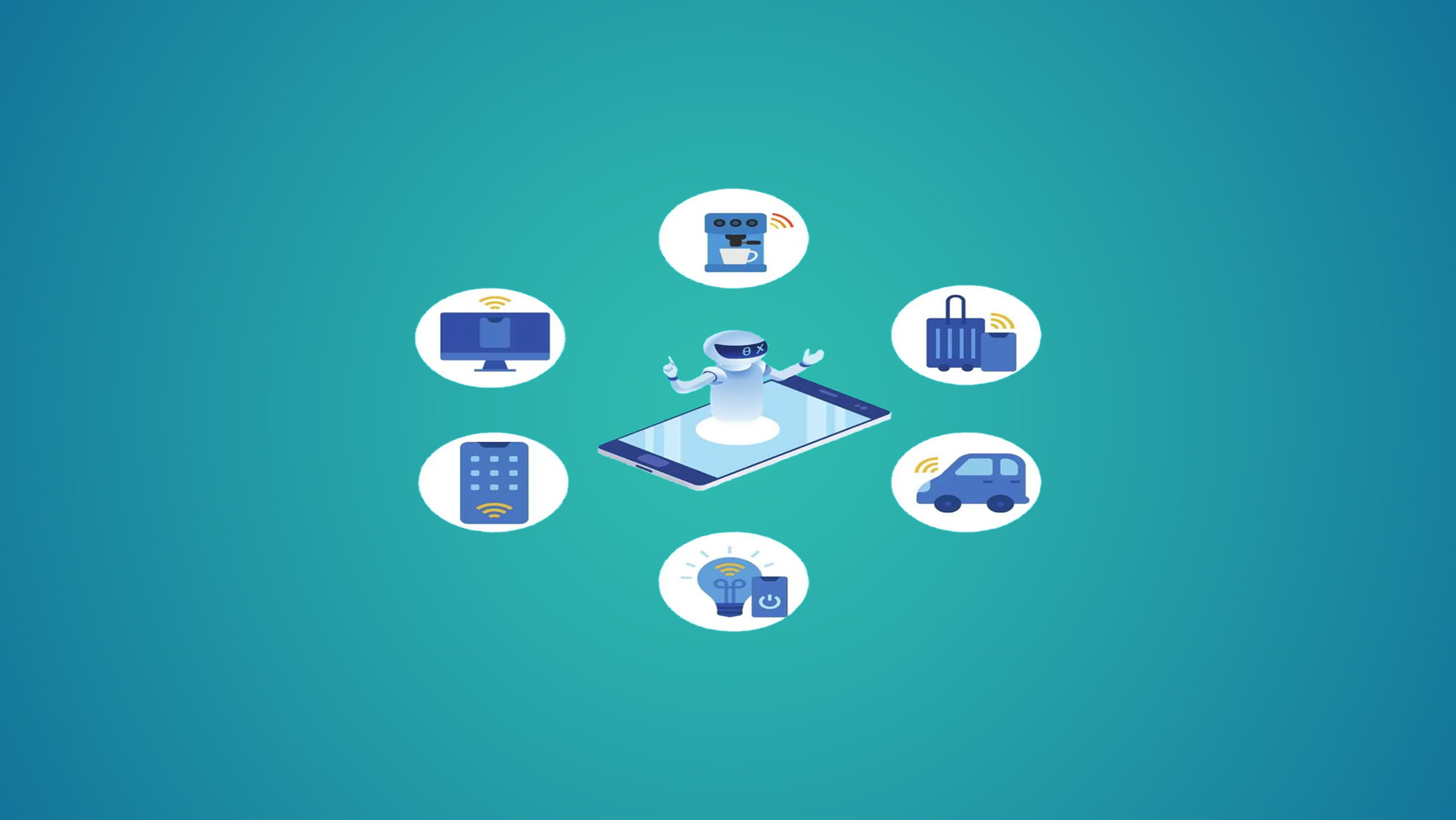Everything You Need To Know About Workfusion Training
Introduction:
WorkFusion is a leading Intelligent Automation platform that combines Robotic Process Automation (RPA), artificial intelligence (AI), and machine learning (ML) capabilities. WorkFusion Training equips professionals with the skills to leverage these technologies and drive automation and efficiency within their organizations. In this blog, we will explore everything you need to know about WorkFusion Training, including its significance, key topics covered, benefits, and career opportunities.
Why is WorkFusion Training Important?
Key Topics Covered in WorkFusion Training:
Benefits of WorkFusion Training:
Prerequisites for WorkFusion Training:
Career Opportunities in WorkFusion:
Why is WorkFusion Training Important?
WorkFusion Training plays a crucial role in enabling professionals to harness the power of Intelligent Automation. By acquiring WorkFusion skills, individuals can streamline repetitive tasks, automate complex business processes, and enhance productivity. WorkFusion Training empowers learners to build intelligent bots, design automation workflows, and leverage cognitive capabilities for data extraction, analysis, and decision-making. With WorkFusion Training, organizations can achieve operational excellence, reduce manual errors, and improve customer experience.
Key Topics Covered in WorkFusion Training:
- Introduction to WorkFusion: Understanding the core concepts and components of the WorkFusion platform.
- Process Discovery and Automation: Identifying and documenting business processes suitable for automation using WorkFusion.
- WorkFusion Studio: Exploring the WorkFusion Studio interface and its capabilities for designing automation workflows.
-

Read More: Unleashing the Power of WorkFusion: Training for Enhanced Efficiency
- Intelligent Automation: Leveraging AI and ML technologies within WorkFusion to enhance automation capabilities.
- Data Extraction and Analysis: Using WorkFusion's cognitive capabilities for data extraction, validation, and analysis.
- WorkFusion Control Tower: Managing and monitoring automated processes in the WorkFusion Control Tower.
- Advanced WorkFusion Features: Exploring advanced features and functionalities of WorkFusion, such as custom scripting, integrations, and exception handling.
Benefits of WorkFusion Training:
- Automation Expertise: WorkFusion Training equips professionals with the knowledge and skills to become experts in automation, enabling them to automate complex business processes and drive efficiency.
- Improved Productivity: By mastering WorkFusion, individuals can streamline repetitive tasks and workflows, freeing up time for more strategic and value-added activities, ultimately enhancing productivity.
- Cost Savings: WorkFusion Training allows organizations to automate manual processes, reducing the need for manual labor and minimizing errors, resulting in cost savings and increased operational efficiency.
- Enhanced Accuracy and Quality: WorkFusion's automation capabilities ensure consistent and accurate execution of tasks, reducing the risk of human errors and improving the overall quality of work.
- Scalability and Flexibility: With WorkFusion Training, professionals gain the ability to design scalable automation solutions, allowing organizations to adapt and grow in response to changing business needs.
- Competitive Advantage: WorkFusion Training provides individuals and organizations with a competitive edge by harnessing the power of automation and intelligent technologies, enabling them to stay ahead in the digital era.
- Process Optimization: WorkFusion Training helps professionals identify and optimize inefficient processes, eliminating bottlenecks and improving overall process efficiency and effectiveness.
- Career Opportunities: WorkFusion expertise is in high demand, opening up a wide range of career opportunities in areas such as automation consulting, process analysis, project management, and automation architecture.
Prerequisites for WorkFusion Training:
While specific prerequisites may vary depending on the training program and the level of expertise required, here are some common prerequisites for WorkFusion Training:
- Basic Computer Skills: Familiarity with computer operations, file management, and software applications is essential to effectively navigate and work with the WorkFusion platform.
- Understanding of Business Processes: Having a basic understanding of various business processes and workflows is beneficial as it helps to identify areas where automation can be implemented for maximum efficiency.

Read More: Become a WorkFusion Pro:Comprehensive Training for Business Automation |
- Programming Knowledge: While not always mandatory, having a foundational understanding of programming concepts and languages such as Java, Python, or JavaScript can be advantageous for advanced WorkFusion training, as it involves creating custom automation scripts or configuring advanced workflows.
- Data and Analytics Knowledge: WorkFusion leverages data and analytics to drive intelligent automation. Having a basic understanding of data concepts, data manipulation, and analytics will aid in effectively utilizing WorkFusion's capabilities.
- Familiarity with Automation Concepts: Knowledge of automation principles, such as understanding repetitive tasks, rule-based processes, and the benefits of automation, will provide a solid foundation for WorkFusion training.
- Domain Knowledge: Depending on the specific industry or use case, having domain knowledge relevant to the application of WorkFusion can be advantageous. This can include knowledge of finance, supply chain, human resources, or other related domains.
Career Opportunities in WorkFusion:
WorkFusion offers several career opportunities for individuals skilled in the platform. Here are some potential career paths in WorkFusion:
- WorkFusion Developer: As a WorkFusion developer, you will design, develop, and implement automation solutions using the WorkFusion platform. You will work closely with business analysts and stakeholders to understand requirements and translate them into automated workflows.
- Automation Analyst: In this role, you will analyze business processes, identify areas for automation, and design efficient workflows using WorkFusion. You will collaborate with cross-functional teams to improve operational efficiency and drive automation initiatives.
- Solution Architect: As a WorkFusion solution architect, you will design end-to-end automation solutions using WorkFusion. You will analyze business requirements, design system architectures, and oversee the implementation of automation projects.
- Process Consultant: In this role, you will work closely with clients to assess their business processes, identify automation opportunities, and develop strategies for implementing WorkFusion solutions. You will provide guidance on process improvements and help clients optimize their operations.
- Automation Project Manager: As an automation project manager, you will be responsible for planning, executing, and managing automation projects using WorkFusion. You will oversee the entire project lifecycle, coordinate resources, and ensure timely delivery of automation solutions.
- Data Analyst: WorkFusion relies on data and analytics to drive intelligent automation. As a data analyst, you will analyze large datasets, identify patterns and insights, and provide recommendations for process optimization and automation.
- Training and Support Specialist: With increasing adoption of WorkFusion, there is a need for professionals who can provide training and support to users. In this role, you will deliver training sessions, create educational materials, and provide technical support to users of the WorkFusion platform.
Conclusion:
WorkFusion Training is an essential step for professionals and organizations seeking to leverage Intelligent Automation to drive business excellence. By acquiring WorkFusion skills, individuals can automate complex processes, improve efficiency, and unlock new career opportunities. Embracing WorkFusion Training empowers organizations to enhance productivity, reduce costs, and deliver exceptional customer experiences in the era of automation and AI.
You May Also Like
These Related Stories

Unleashing the Power of WorkFusion: Training for Enhanced Efficiency

Become a WorkFusion Pro:Comprehensive Training for Business Automation


No Comments Yet
Let us know what you think